Interview – Kalen Na’il Roach
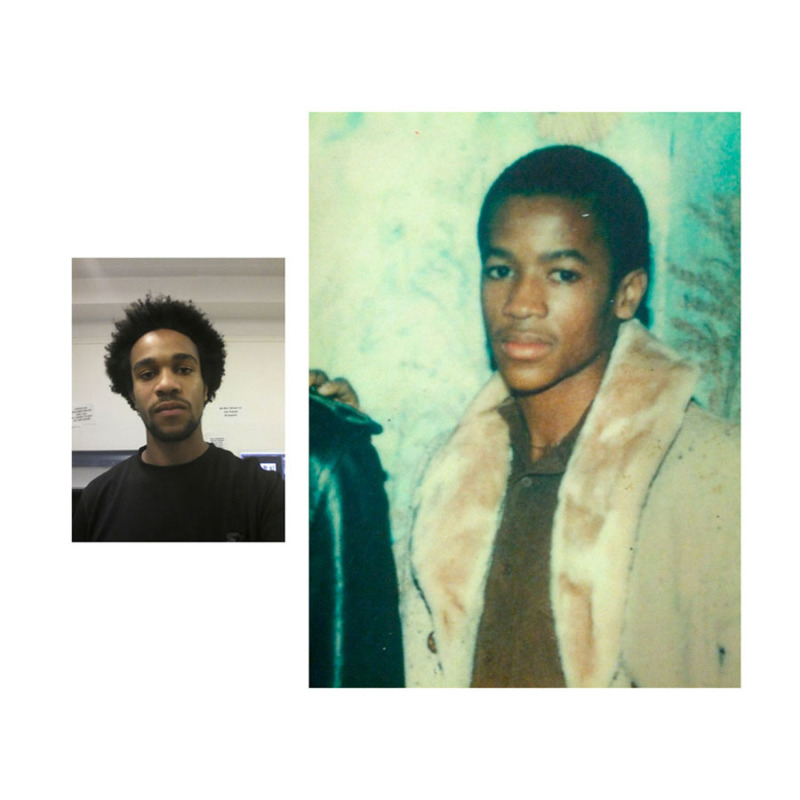
The right side of the above diptych is an aged photograph of a young man with a direct gaze, relaxed brow, and an expression that holds the self proud and contained but in transit, in growth. On the left side of the diptych, is a smaller image of the artist Kalen Na’il Roach looking at us, head on, lined up at about shoulder height to the bigger image. Of the diptych, posted on Kalen’s Tumblr account, he has written: “Me and my Dad when he was around my age… I think. I don’t think we look that much alike.”
The smaller photo on the left is stylistically free of fuss or pretence; no embellishments or adornment. His expression is contained, as well – a man in transition. The frames rest next to each other quietly; his own DNA in conversation with past, present, and future.
Kalen, an artist from Maryland working in photography, collage, video, and installation, derives and creates works from archival family photographs, from memory, from the stories recounted to him by aunts and extended family members. The past is a treasure trove of questions and ambiguity, but also serves as a catalyst for creation today. Via embellishments to the physical surface of the images, he explores and reconstructs his own memory, connection, and sense of intimacy while chipping away at the physical, apparent reality and immateriality of photographs. In his body of work, Family Ties, A Fool’s Paradise, Kalen makes a sort of modern family album; an album that cannot be dated, per sé, because he has painted over, punctured, augmented – in essence: left his mark – on images from the past of his father, the artist as a child, his mother then and now. While sorting through and working with images from the past he has granted a sort of timelessness to his family; a through line that extends back into his lineage and out, forward, into the physical and photographic unknown.
“In the case of my family’s photographic archive,” Kalen says, “I think I am attempting to make sense of the people I see in photos. They are some of the people I am closest to, yet I look at photos of them and many times they are unrecognizable to me.” In exploring, examining, and re-envisioning those closest to him, the self – in various stages of transit – emerges.
Kalen graduated with a BFA in Photography from St. John’s University in 2014 and from the International Center of Photography’s General Studies Program in 2013. He is currently preparing for a show at Deli Gallery in Queens, New York. He’s still working on the title, he says, but the exhibit will include new work. “I am merging my grandfather’s and father’s processes as a painter and a photographer with my own through an exploration of the relationships of my mother and father, and my grandmother and grandfather.” He adds, “Also, there will be a piece with many, many versions of someone who used to be me.”
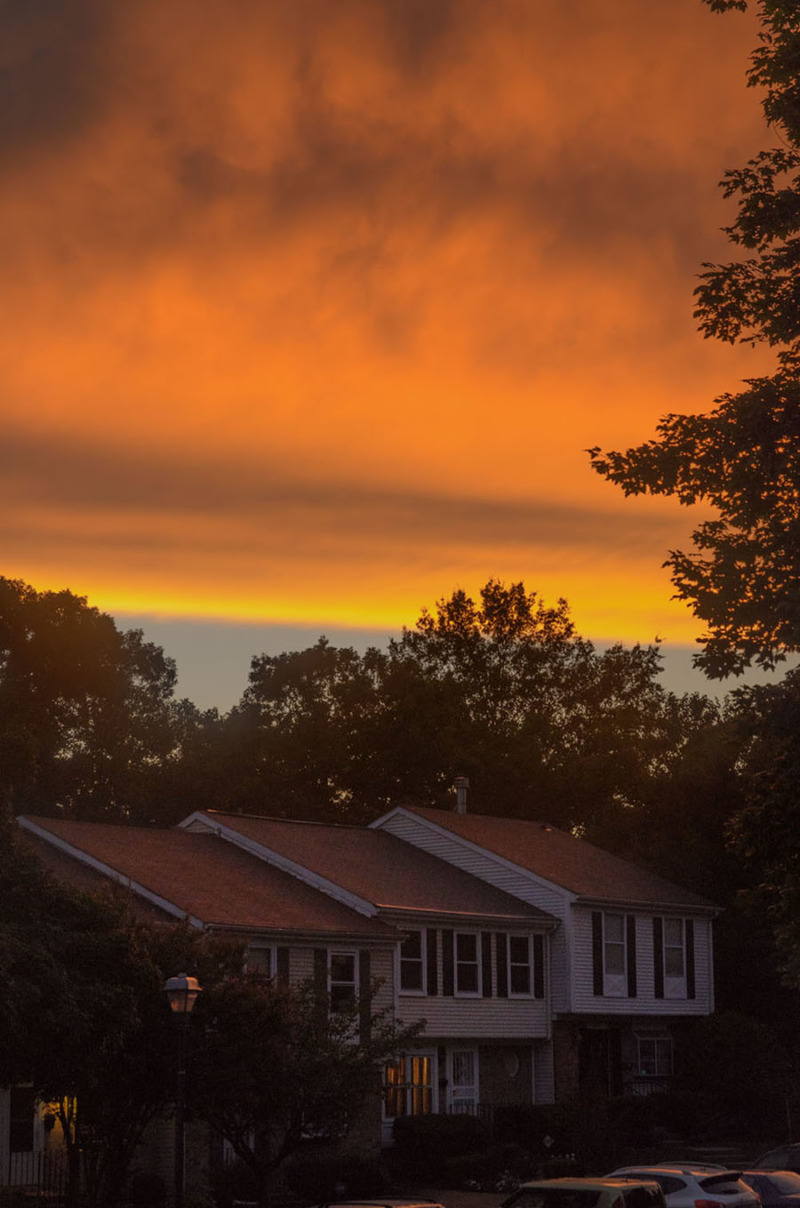
Do you still talk to your father about photography? How much about photography has to do with your Father? Does it define him like it does you?
We do not really talk about photography outside of the occasional gigs that I tell him about. However, I do think he is central to my interest in photography and so he is very much apart of all of my work. Sometimes it’s very direct like my series, My Dad Without Everybody Else and This is and isn’t My Family . The former is based on photos of him and the latter is based on photos he took himself. I do think that I use my work to gain better understanding of my dad as a person outside of the role of fatherhood. I see such a narrow view of him as just my father and I think I am ever trying to expand that view through photographs.
My interest in photography started from him but I think that the reasons for our interest are very much different. I am not sure if I feel a large sense of nostalgia for images. I think it may be there, in a much smaller sense (that doesn’t mean I don’t get nostalgic over these images because I sometimes do), but I am interested in the photo as a vehicle to gain understanding. A way to understand the people, places, and things that they exploit. I am not sure if a photo can help you make sense of reality but that is what drives me to keep working within the medium.
Is there a primary reason that you are investigating family? Are you embellishing the past where memory fails? Past and nostalgia versus the present and participation in our own lives – any tension there? Photography seems to help clear our souls and minds of past trespasses or keeps us fixated on a trauma, big or small… does photography serve you in any bigger way?
I think my reason for investigating my family’s photo archive stems from what I mentioned previously, a desire to understand. In the case of my family’s photographic archive I think I am attempting to make sense of the people I see in the photos. They are some of the people I am closest to, yet I look at photos of them and many times they are unrecognisable to me. The photos remind me that they are much more than what I know of them. Sometimes that is refreshing and sometimes it’s a jarring experience for me. It can be uncomfortable and it can be sad, but sometimes it can be therapeutic and bring me joy. The images may be in line with what I see in my family or be in opposition with my views and experience.
I think my scratches, marks, adornment, etc. are there to assist in the creation of more complex and full view of the people I call my family. I do think photography can be a part of a healing process and act as a release. For me, the act of image-making is very therapeutic and my work about my family, at times, can be an outlet for my frustrations about certain past situations. However, it is not only that.
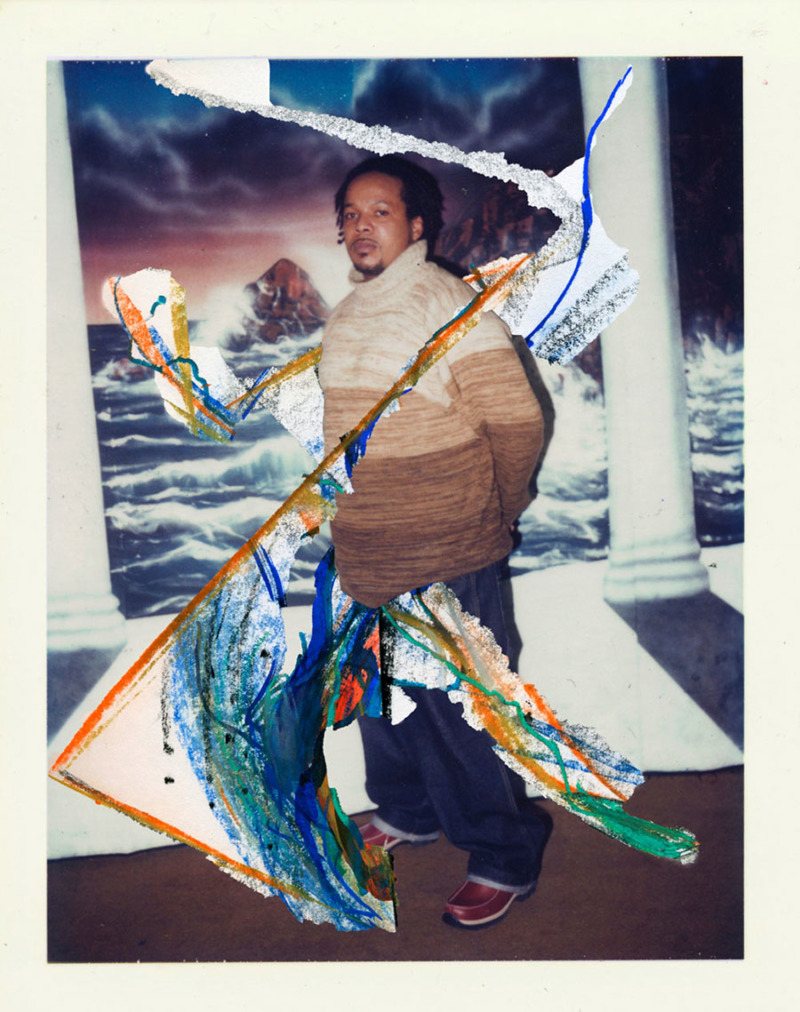
I read an interview you had with Qiana at ICP where she asked what lies below the surface of your work; and then I see this image of you(?) covered over – any reason we are not given access to your features, your face, your expression in that image?
I don’t really have access to that person anymore. By that I mean, I feel estranged from that little kid. That person is still a part of me but so much has changed since then and that person is almost unrecognisable. When I look at the photo I always feel like I have to ask, is that really me? At first glance, the collage might look like a rejection of what I used to be but I see it differently. I think the collage may, in this case, serve as a correction to the original, more accurately depicting a fading piece of me that is still partially visible.
I think the collage may, in this case, serve as a correction to the original, more accurately depicting a fading piece of me that is still partially visible.
On a lighter note, what drives you to create and how do you respond?
I think I get my drive for creating from the possibility of what the next piece may be. Each piece I make helps me get to the next one. I think I learn the most about my work through the process of making. I feel like this keeps me in a constant state of discovery and learning. As you can imagine, it does lead to me getting a bit obsessive over certain images. I think that makes me very hot and cold when it comes to making work. I just have to force myself to work when I am cold (easier said than done) and better balance my work making when I am in the zone.
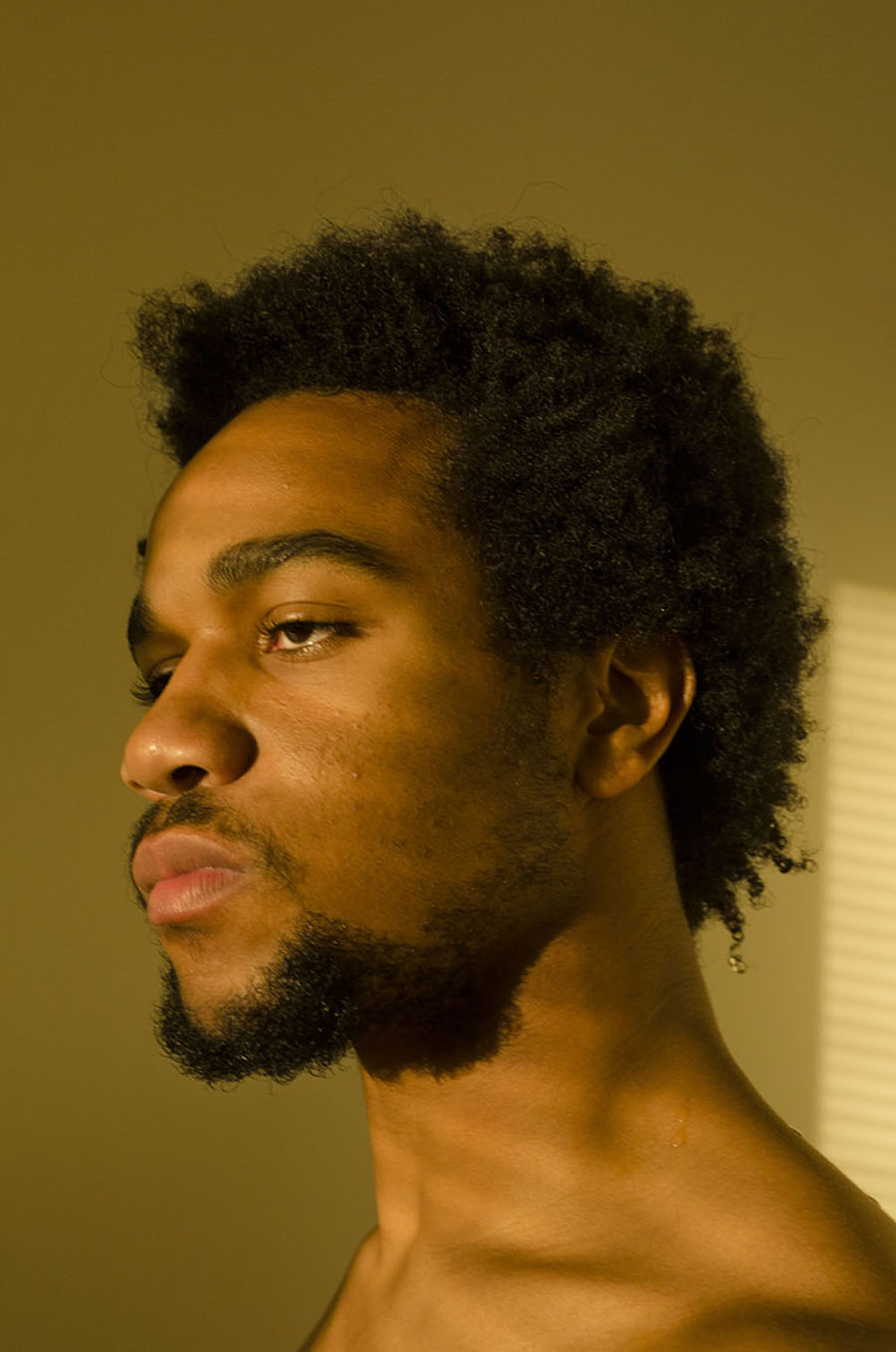
How did your Mother respond to being documented in the hospital?
She does not like when I take photos of her and she absolutely hated when I took those photos of her in the hospital. She did not want me to but I thought it was too important not to. It was the most vulnerable I have seen her and no one wants to be vulnerable with a big clunky camera in their face. I think she likes to forget that I took these and seeing these here may upset her a little but I think it might be a good upset. She does trust me though and I have so much respect for her.
How do you hope to grow as a photographer and what is it about photography that keeps you coming back?
I hope to create more complex images and I hope to continue to bend and mix the medium with many others. I am interested in images that can show things beyond their surface or if something like a photograph could even do that. In other words, I am interested in how much a photograph can explain about the things in it, but mostly as it relates to portraiture and people.
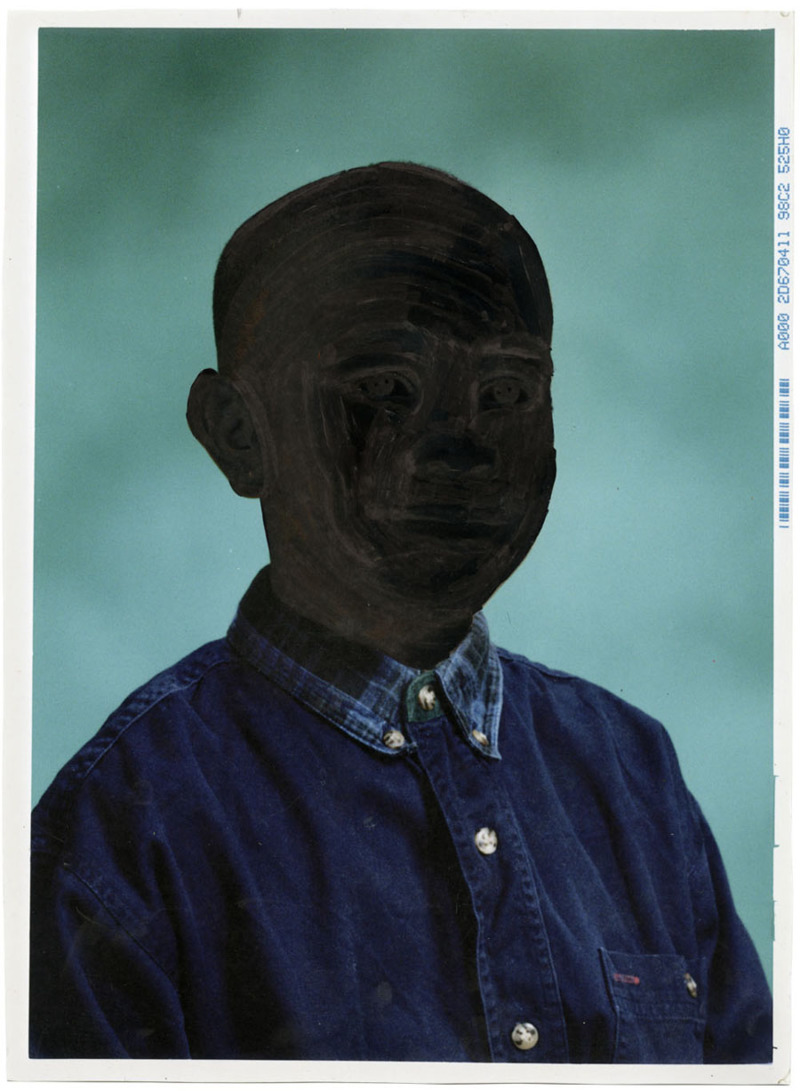
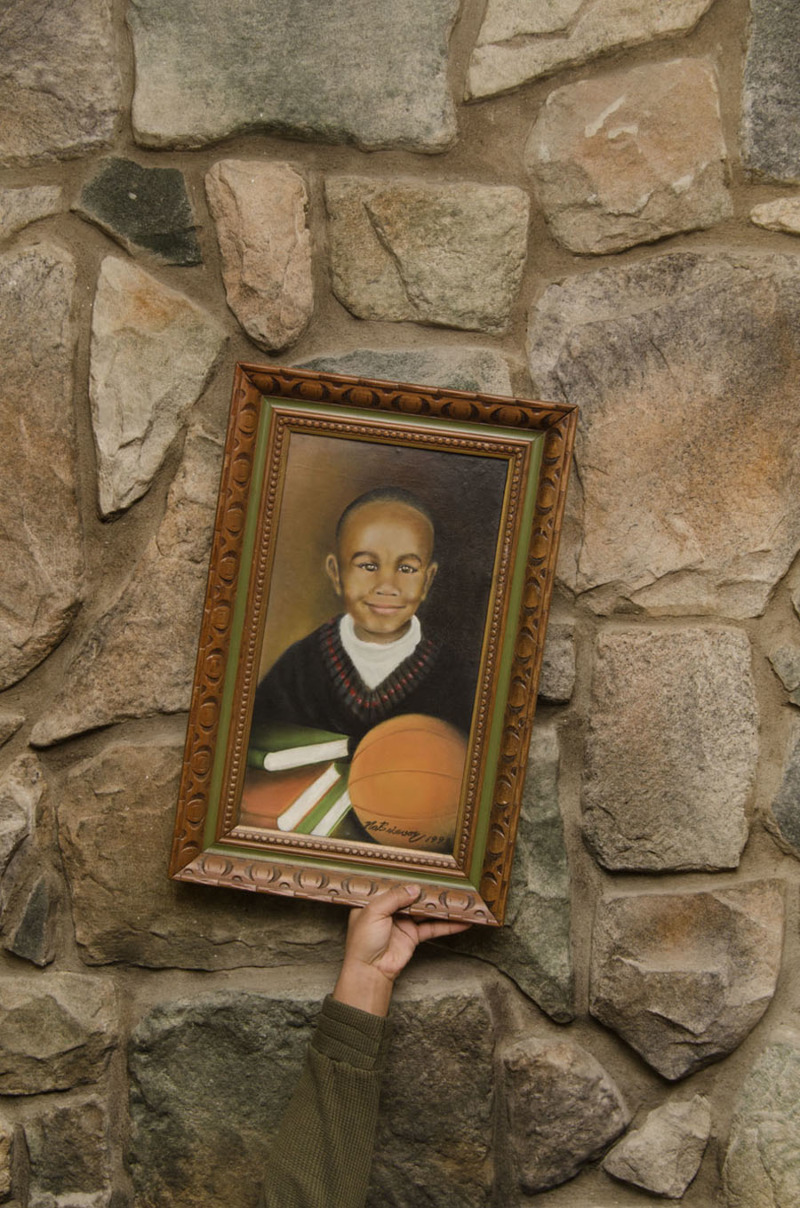
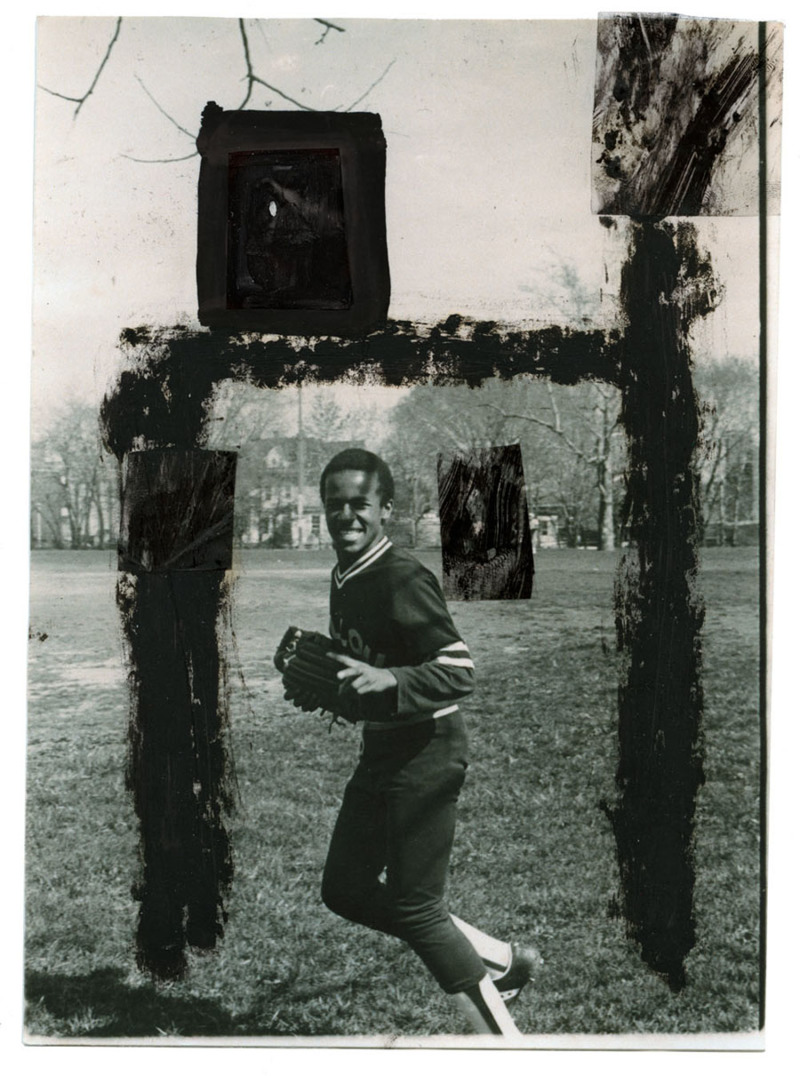
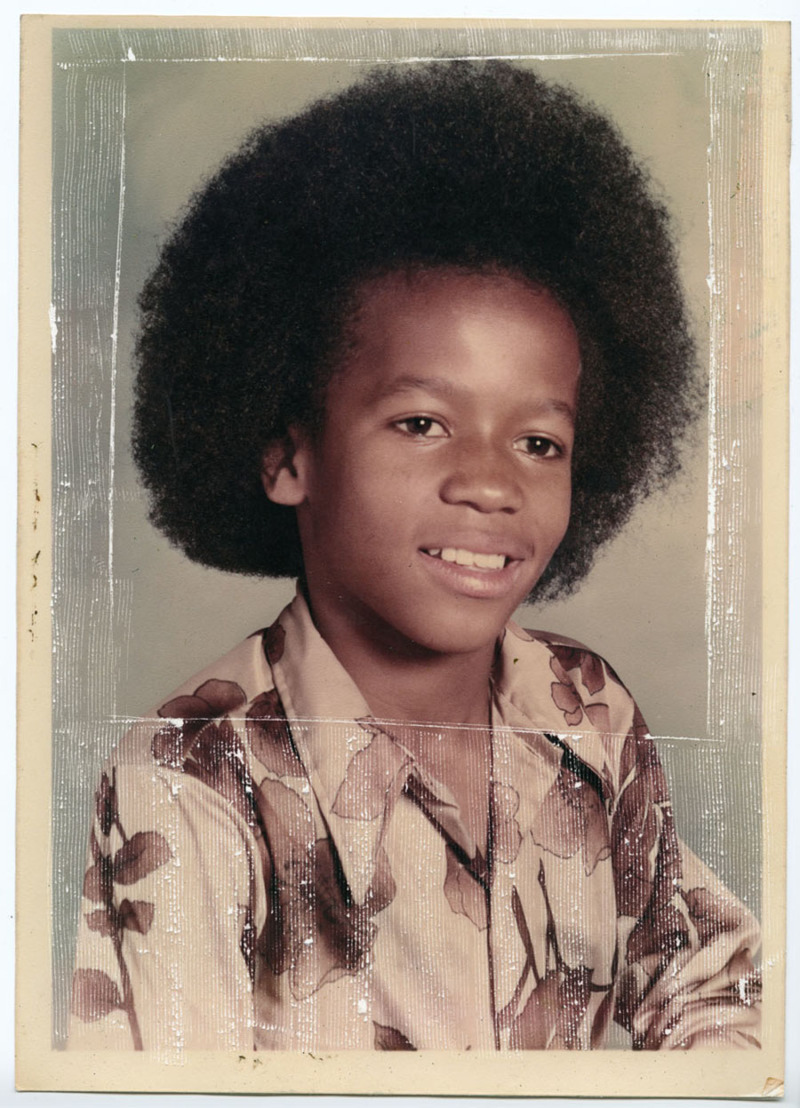
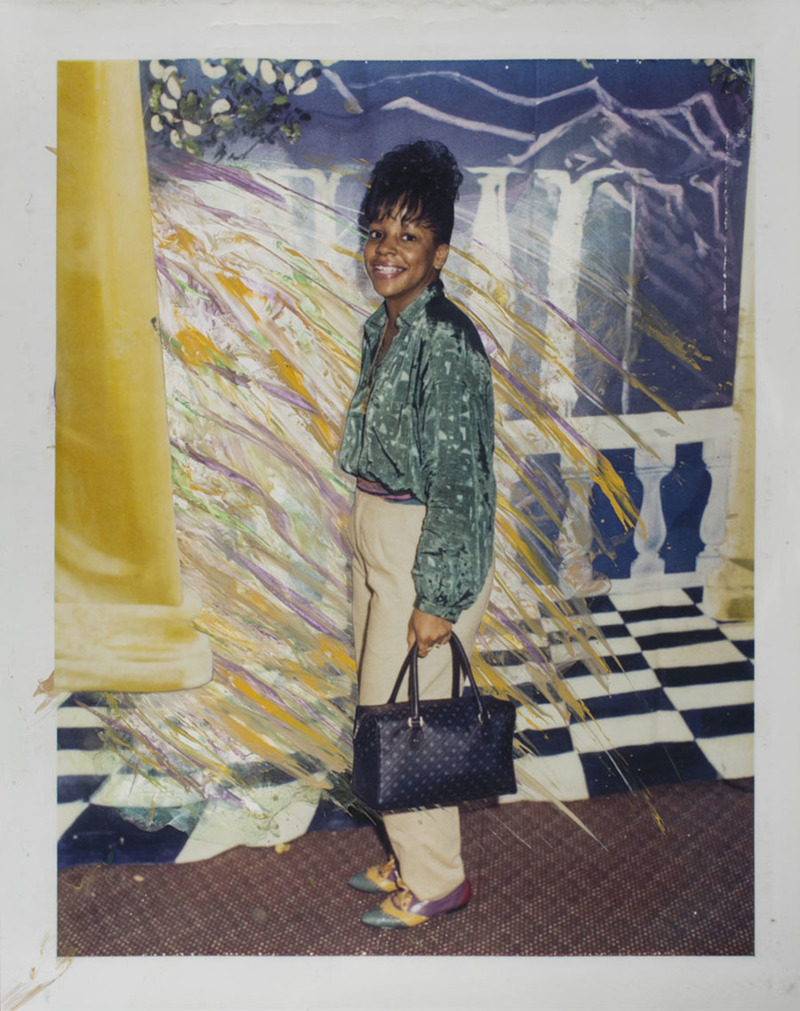
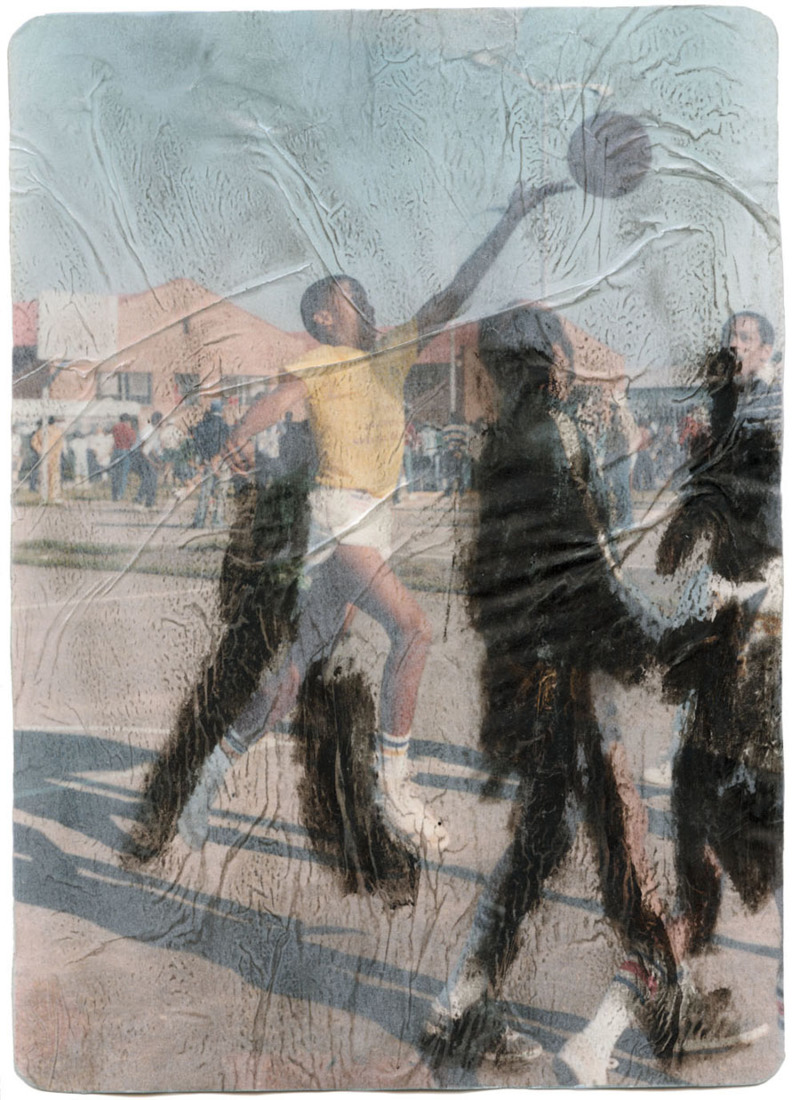
Kalen Na’il Roach’s work will be on view at Deli Gallery, NYC, April 14-May 7, 2017.
